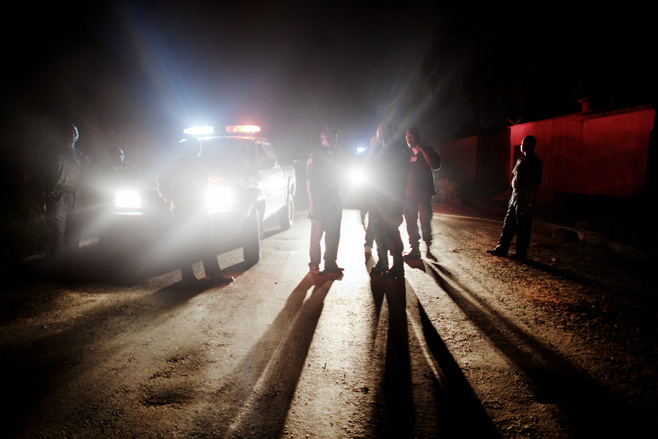By Kathryn Maureen Ryan
Impunity Watch Reporter, Middle East
CAIRO, Egypt – Egypt has become an increasingly dangerous environment for journalists as Egyptian forces have cracked down on free press, as well as protests. Several journalists have been arrested or killed since Egyptian forces began cracking down on protests.

Tamer Abdel Raouf, Regional Bureau Chief for the Egyptian newspaper Al-Ahram’s, was shot in the head after soldiers opened fire on his car last week at an army checkpoint in Damanhur, Egypt during a government enforced curfew. Hamed Al-Barbari, a reporter for the Egyptian Daily Al-Gomhuria, was traveling with him; he was injured during the shooting and hospitalized in Damanhur.
Raouf and Barbari were returning to their homes in the town of Kafr Al-Dawwar when the shooting took place. They were returning from a meeting with several other journalists and Beheira’s governor.
According to Barbari, they decided to take a different route home as they approached the checkpoint and the military opened fire as they were turning their car around. Military officials claimed in a statement released Augusts 20, the day after the shooting, that soldiers fired on the car after the two journalists allegedly attempted to drive through the checkpoint at high speeds ignoring calls for the them to stop.
Raouf is the fourth journalist to be killed in Egypt since 14 August, the day that the new authorities began using force to disperse the sit-ins being staged by deposed President Mohamed Morsi’s supporters.
The Egyptian government ordered the curfew, set to last for at least the next month, after security forces violently broke up two protests camps demanding the reinstatement for of Mohamed Morsi on Wednesday, August 14. The government enforced curfew in Egypt allows for an expectation for health officials and journalists, allowing them to move freely at night. However, according to Union of Journalists member Khaled Al-Balchi, many journalists have complained that the military officials is respecting this exemption for journalists.
Several journalists have been arrested since Egyptian forces began cracking down on protests. Abdallah Shami, a reporter for Al Jazeera has been held since August 14. He was detained by Egyptian forces during the government’s deadly crackdown on supporters of overthrown president Mohamed Morsi. No formal charges have been brought against him. Metin Turan, a reporter for the Turkish Radio and Television Corporation (TRT), has been held since August 16 without charges. Mohamed Badr, a cameraman for Al Jazeera has been held in Egypt for more than a month; his detention recently extended for another 15 days pending further investigation.
Reporters Without Borders has called the arrests a sign of “growing hostility” towards journalists in Egypt. The group said in a statement that “the climate for journalists became even tenser on 17 August when the State Information Service issued a statement to the foreign media condemning their coverage of recent events.”
For further information please see;
Al Jazeera – Egyptian Journalist shot Dead After Curfew – 19 August 2013
Reporters Without Borders – Two Journalists Still Held, Others Arrested or Attacked – 19 August 2013
Al Jazeera – Al Jazeera Demands Release of Journalists – 20 August 2013
Reporters Without Borders – Egyptian Journalists Shot Dead During Night Curfew – 20 August 2013

